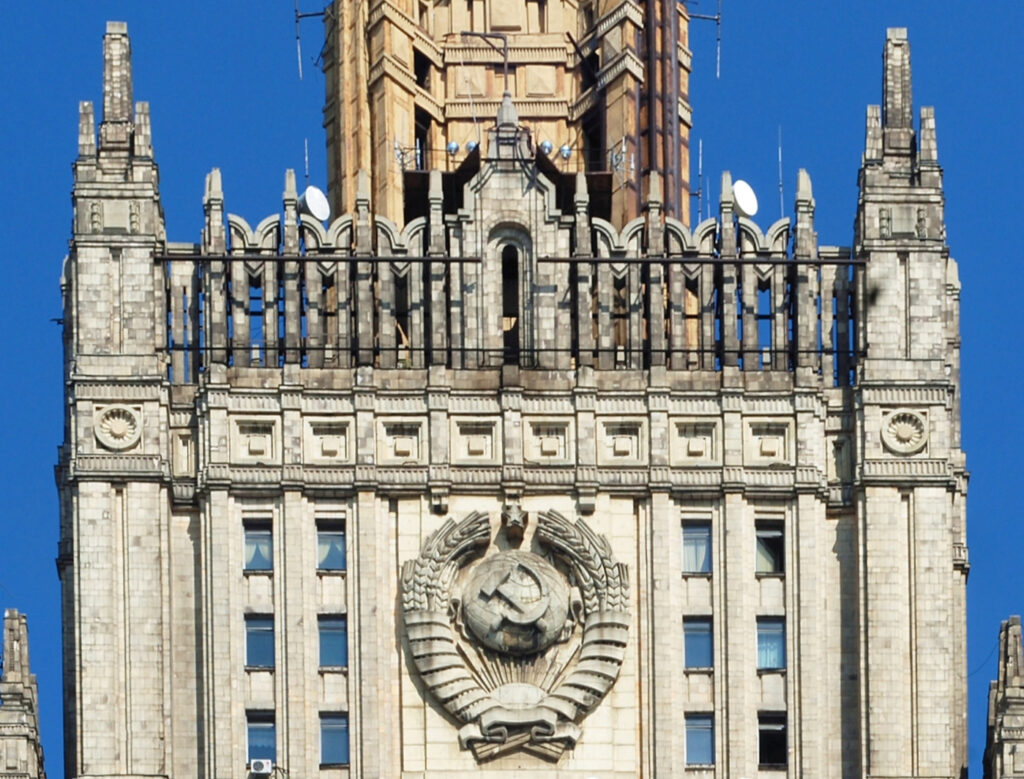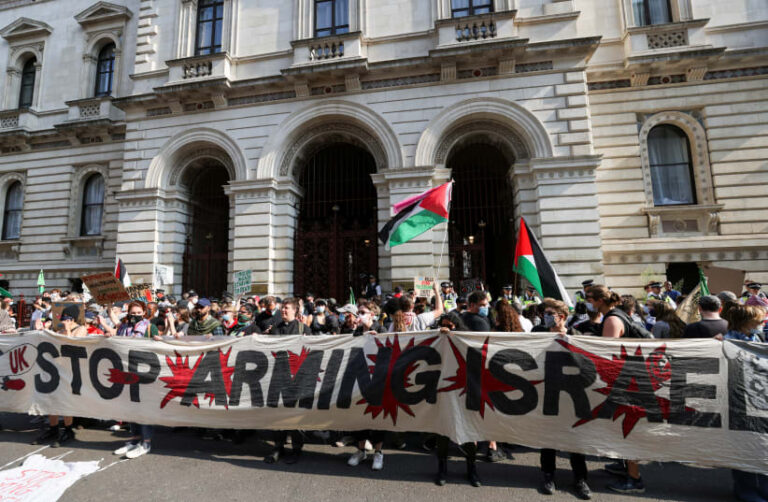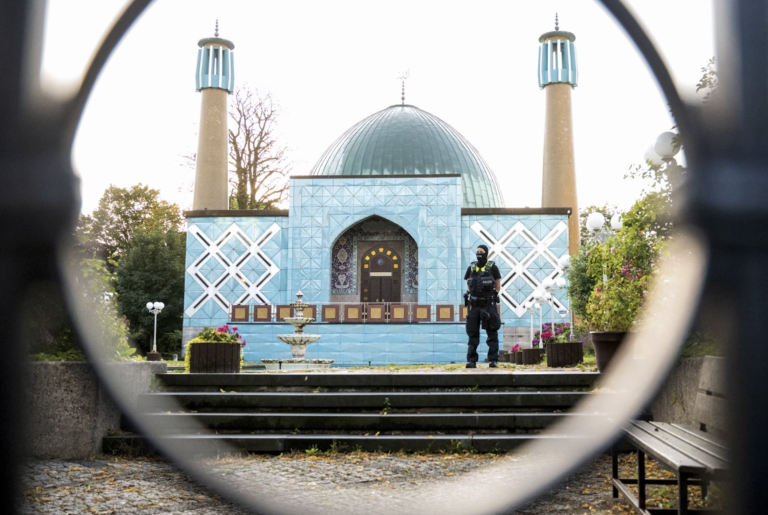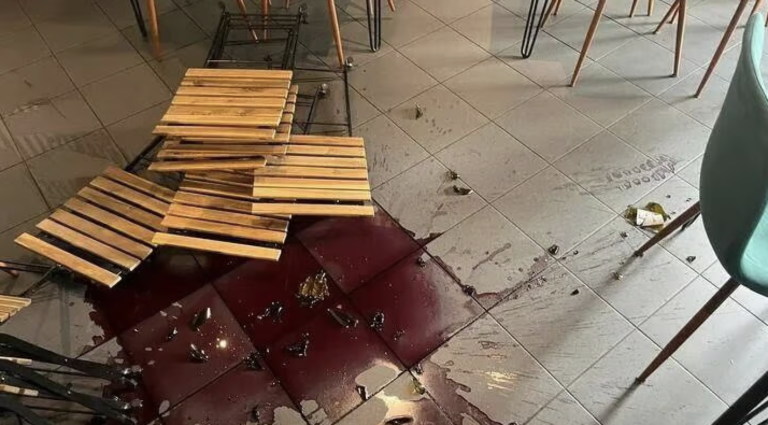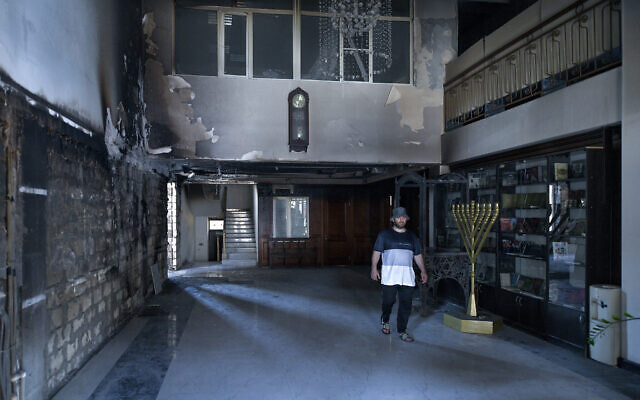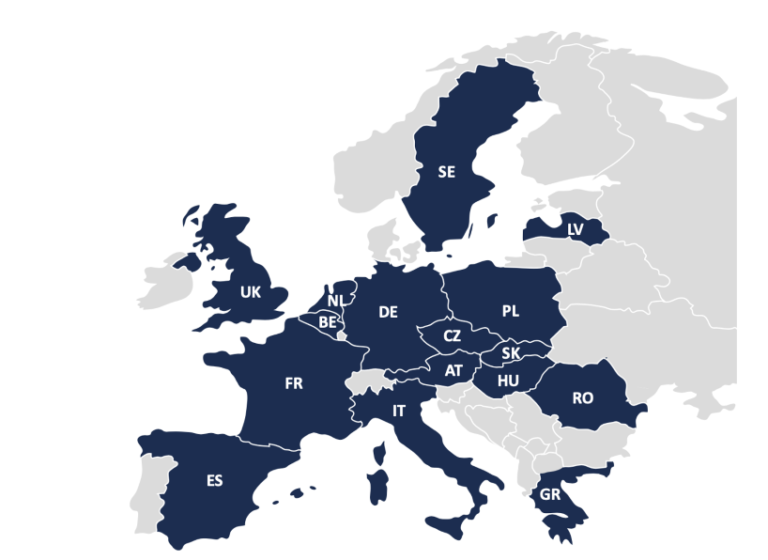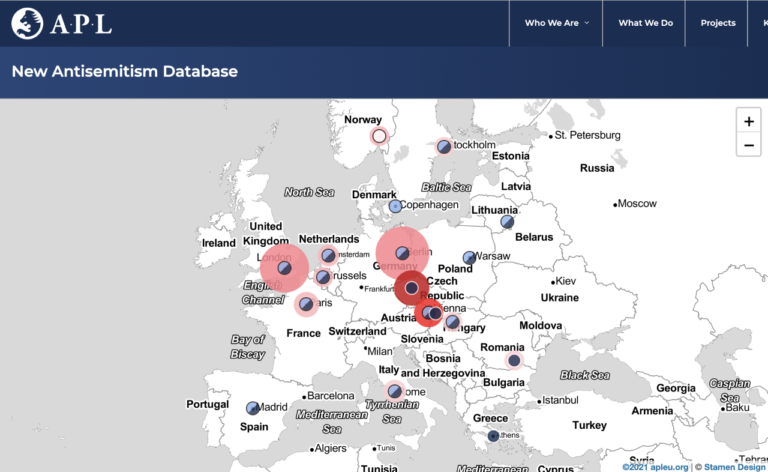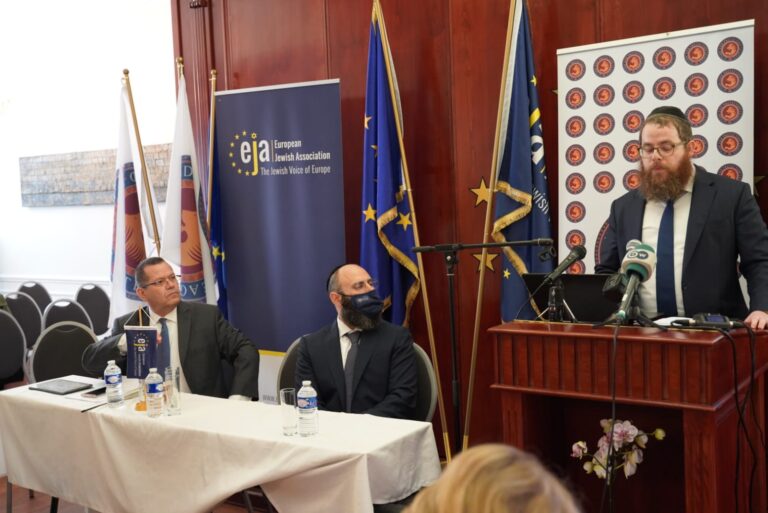On Tuesday, Russia’s foreign ministry accused Israel of supporting neo-Nazis in Ukraine, escalating a row that began when Russian Foreign Minister Sergei Lavrov claimed Adolf Hitler had Jewish origins, reports the Reuters.
On Tuesday, May 3, Russia’s Foreign Ministry accused Israel of supporting neo-Nazis in Ukraine. The allegation followed the remark of Russian Foreign Minister Sergei Lavrov, suggesting that Zelensky’s Jewish roots do not negate the Nazi element of his government, adding that some of the worst antisemites were Jewish, including Adolf Hitler.
Lavrov’s comment provoked strong condemnation from several Western nations, whose leaders originally asked Lavrov how Russia could be pursuing its stated goal of “denazifying” Ukraine when President Volodymyr Zelenskyy himself is a Jew.
Israel said on Monday that Lavrov’s comment was an “unforgivable” falsehood that tried to minimize the horrors of the Holocaust, the slaughter of 6 million European Jews and other minority groups by Nazi Germany.
In response, the Russian Foreign Ministry said in a statement on Tuesday that Israeli Foreign Minister Yair Lapid’s comments were “anti-historical” and “explain to a large extent why the current Israeli government supports the neo-Nazi regime in Kyiv.” Moscow reiterated Lavrov’s point that Zelenskyy’s Jewish origins did not preclude Ukraine from being run by neo-Nazis.
Although Israel immediately expressed support for Ukraine after the Russian invasion in February, it initially avoided direct criticism of Moscow, trying to avoid damaging relations with the country. However, a conflict between Israel and Russia started to form when, last month, Israeli Foreign Minister Yair Lapid accused Russia of committing war crimes in Ukraine.
“After the Kremlin claimed that Israel supports Nazism, I have just one question: Is there any non-Nazi country in the whole world from Russia’s point of view? Except for Syria, Belarus, and Eritrea, of course,” Ukrainian presidential adviser Mykhailo Podolyak tweeted on Tuesday, mentioning countries that have supported what Moscow calls its “special operation” in Ukraine.
